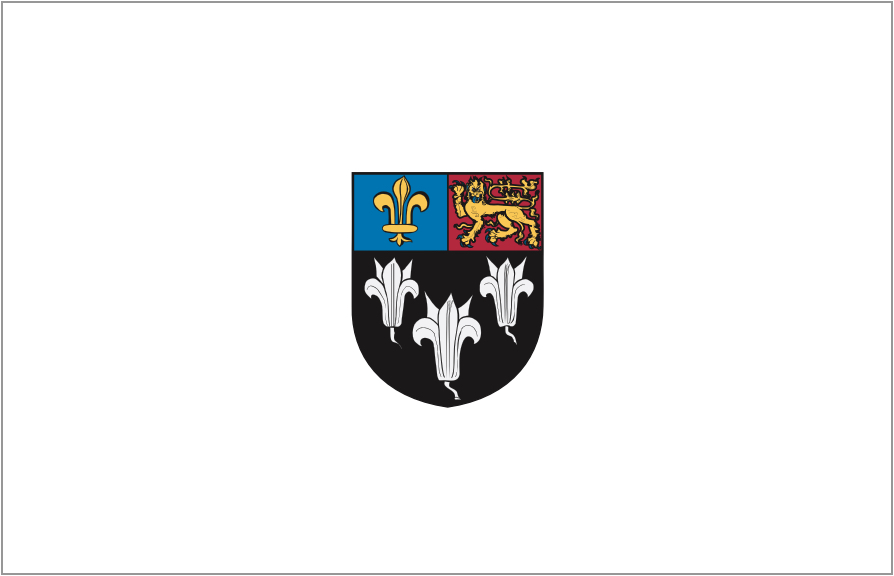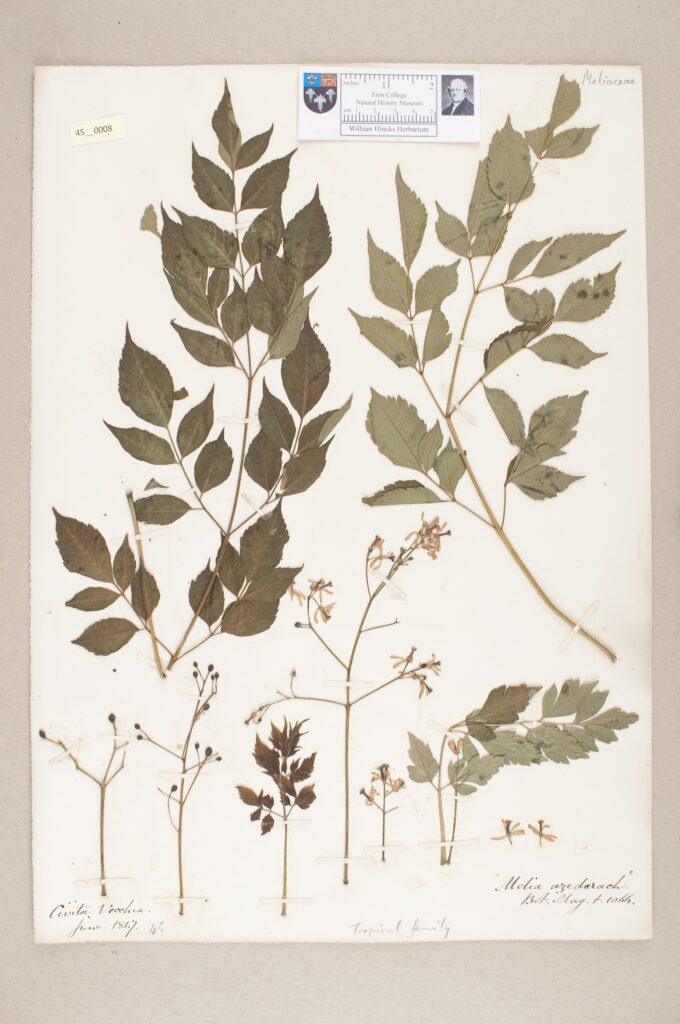In March 1878, Walter Severn rushed to Rome to be at the bedside of his father Joseph, who he believed was dying. When he arrived, Joseph recounted his early life and reminisced about a number of famous and prominent people he had known. Walter noted down the conversation for posterity and it is this which now forms the core of the Walter Severn archive recently acquired by Eton College Library.
Joseph Severn (1793-1879) was a portrait and subject painter, and in the notes of conversations and other documents preserved in the archive, Walter Severn describes how his father was ‘a man of many friends’, who included a number of writers including Sir Walter Scott, Lord Byron and Percy Bysshe Shelley.
The most notable of Joseph Severn’s friendships and the one for which he is now mostly remembered was that with John Keats. Severn, a close friend of Keats, had agreed to accompany him on a voyage from England to Italy, which Keats had been advised to take to improve his health. The notes made by Walter Severn record the journey, during which Keats wrote the sonnet ‘Bright Star’ and ‘fortunately […] did not suffer from seasickness – my father suffered very much but during calm weather amused himself by drawing Vide [i.e. see] Sketches of Keats & ship in a scrapbook’.

Joseph Severn, Deathbed Portrait of John Keats, Keats-Shelley House, Rome. Reproduced with kind permission of the Keats-Shelley Memorial Association.

Creative Commons Licenses
Joseph Severn stayed with Keats until his death on 23 February 1821, sketching a well-known final deathbed portrait of the poet. Of this time, Walter writes that ‘Keats the poet was dying and his greatest anxiety seemed to be lest his friend [Severn] should not succeed with the R.A. [Royal Academy]’. Joseph arranged for Keats’s burial in the English cemetery in Rome under the epitaph the poet had requested: ‘Here lies one whose name is writ in water.’ Joseph Severn was indeed awarded a Royal Academy travelling scholarship later that year, and spent most of the rest of his life in Rome, acting as British Consul from 1861 to 1872. He died there in August 1879 and was buried alongside Keats in the Protestant Cemetery, Rome.

College Library’s new Walter Severn collection (ECL MS 608)
As well as a record of their conversations about Joseph’s early life and celebrated acquaintances, the new archive (some 36pp of manuscript notes and letters) also includes information about Walter’s own career as a civil servant and watercolourist, and his projected biography of his father in the late 1880s, which in the event was written by William Sharp and published in 1892.
College Library’s wider holdings include four books from Joseph Severn’s library, acquired by him between the 1820s and the 1860s. Among these are an edition of his fellow artist John Hayter’s An introduction to perspective, drawing, and painting (1820) and a presentation copy of Keats’s friend Charles Cowden Clarke’s book Shakespeare-characters (1863), inscribed to Severn as the poet’s ‘constant Friend, till death’.


By far the most charming is a copy of the Poems of Samuel Rogers, published in 1834 with illustrations after Thomas Stothard and J. M. W. Turner. Walter Severn’s notes include an account of Rogers meeting Turner in St James’s Park and promising to send him more poetry to illustrate: ‘Turner said angrily “I don’t want to read your stuff. It is bad enough to have to do the pictures, but I shant read the poetry”, and yet how the uncouth artist must have read & appreciated to have done those lovely illustrations!’ This copy of Rogers’s Poems was given to Joseph Severn by the poet and politician Richard Monckton Milnes, and contains a touching pencil drawing on the endpaper of a sleeping young Walter, then aged 6 or 7, by his father. So it seems especially fitting for this small archive from the final years of their relationship to come to Eton.

The acquisition was especially timely as the College Collections were recently offered the long-term loan of Joseph Severn’s oil painting of his most celebrated Etonian subject, Shelley Composing ‘Prometheus Unbound’ in the Baths of Caracalla (1844-45). This significant work from Lord Abinger’s collection shows Shelley sitting amongst the ruins of the Baths of Caracalla near Rome, pen in hand, in the act of composing the lyrical drama Prometheus Unbound, as described in Shelley’s preface to the work: ‘This Poem was chiefly written upon the mountainous ruins of the Baths of Caracalla, among the flowery glades, and thickets of odoriferous blossoming trees…’
The painting was commissioned by the poet’s son, Percy Florence Shelley, and following its inclusion in the Royal Academy summer exhibition in 1845, it hung in his Chelsea dining room. A second autograph copy of the painting, ordered from the artist after the 1845 exhibition, is now on display at the Keats-Shelley Memorial House in Rome. In a wonderful link to the portrait, the library’s new Walter Severn archive contains a letter from B. J. Baron (a Bristol doctor) to Walter Severn in 1884, in which Baron writes that he owns ‘a portrait of Shelley painted by your father […] it appears to be replica painted by him, one being in the possession of Sir Percy Shelley’, and that he is trying to find out the name of the lady who had commissioned it.
Current circumstances permitting—the mantra for 2020—the painting will be hung in College Library next month, where it will be used in teaching and displays alongside the library’s other Shelley holdings. The Walter Severn collection will also be available for consultation when we are able to reopen to readers.
By Ceri Sugg and Stephanie Coane, College Library



